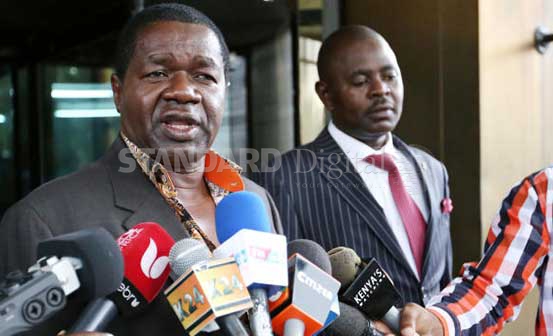×
The Standard e-Paper
Home To Bold Columnists

NAIROBI: The writing is on the wall. Resolve the ‘Kenyan chapter’ of the Chickengate scandal now or risk another round of post-election violence in 2017. This is the verdict contained in expert affidavits tabled in a United Kingdom court.
Two expert witnesses who swore affidavits ahead of the sentencing of UK culprits last month said the stain on top officials of the Independent Electoral and Boundaries Commission (IEBC) may herald a sense of “political impotence” among political actors in 2017.